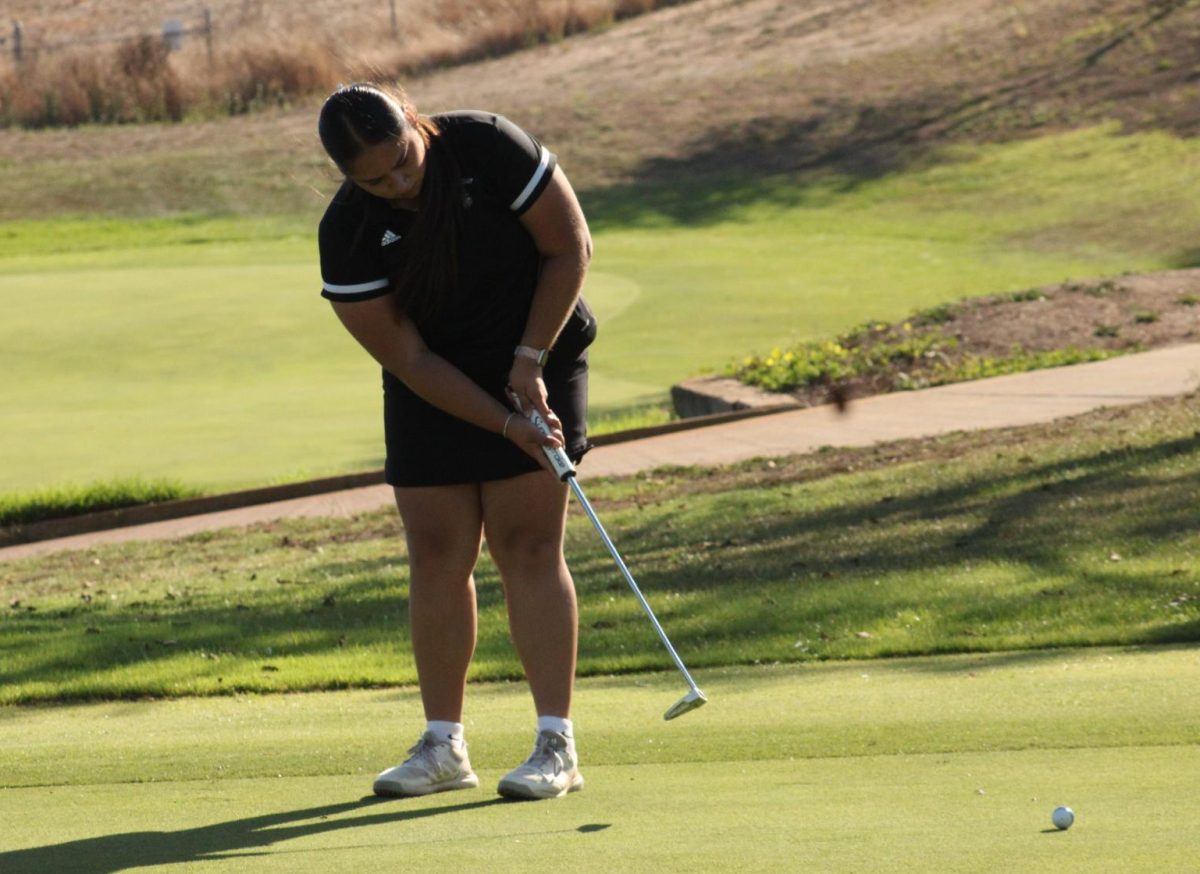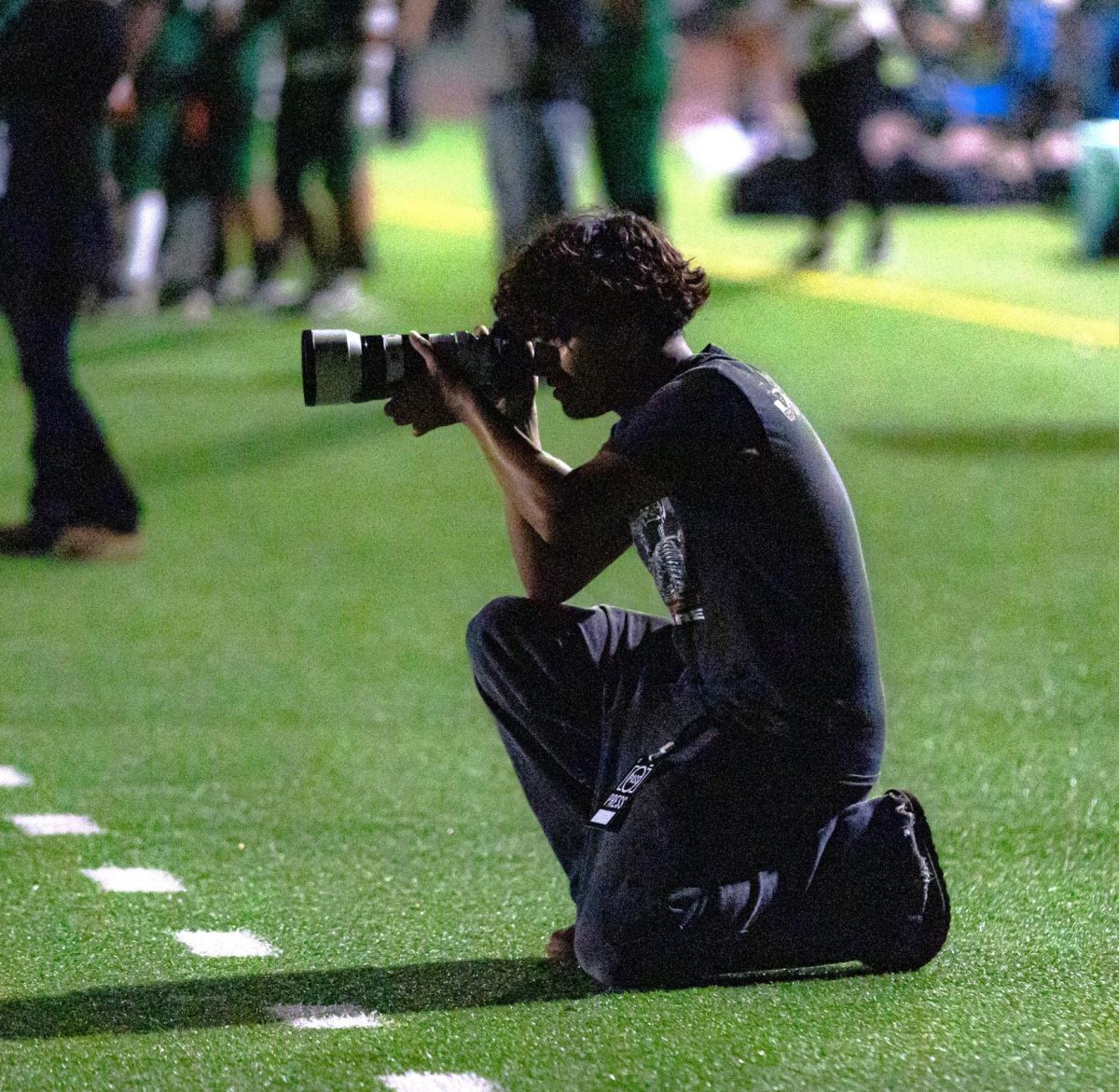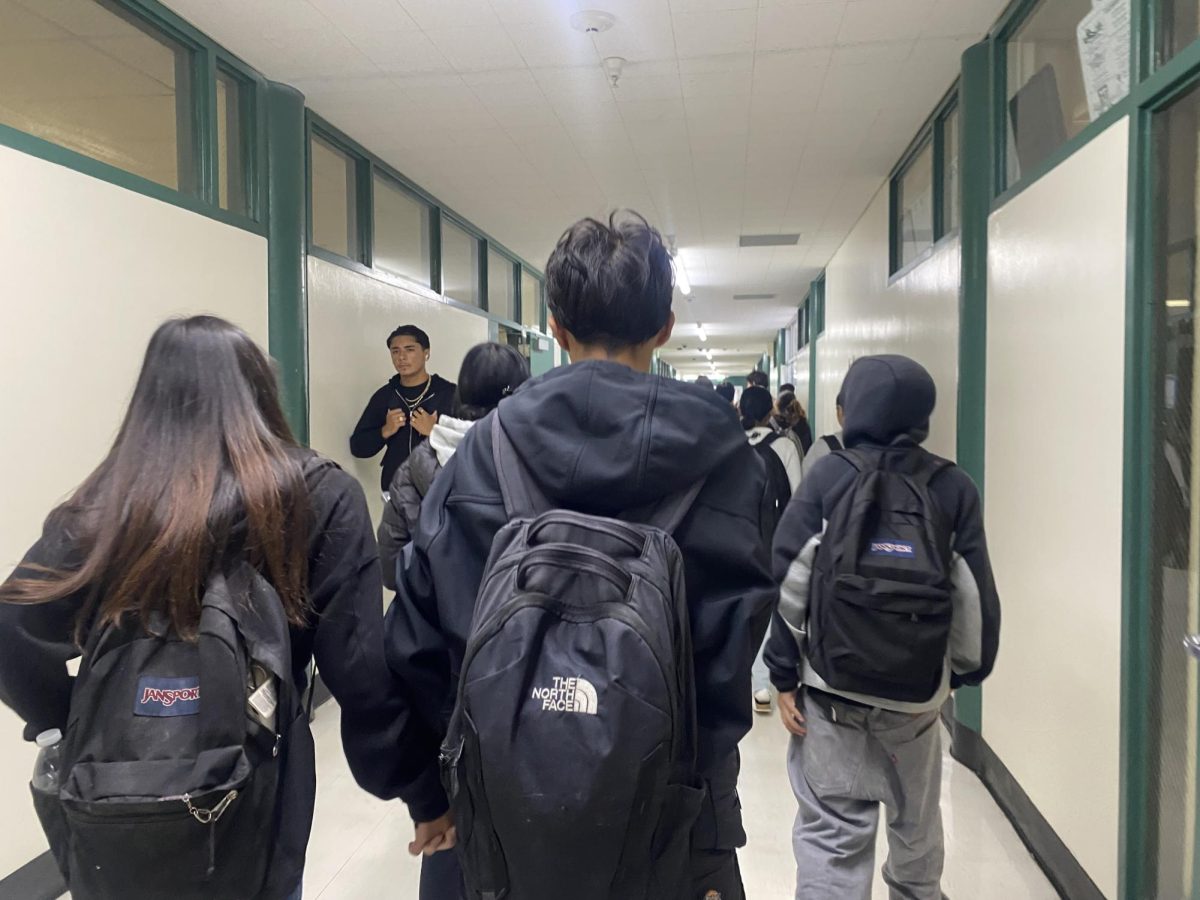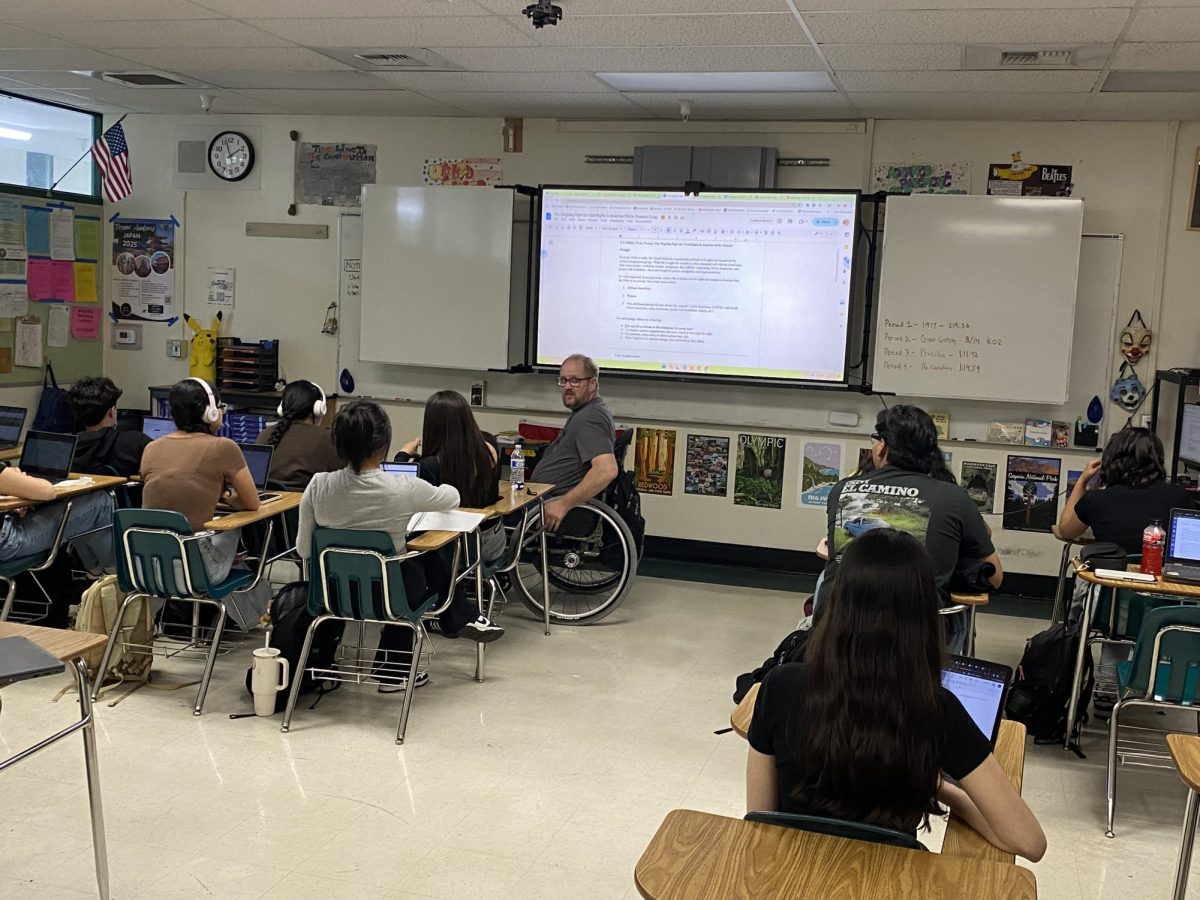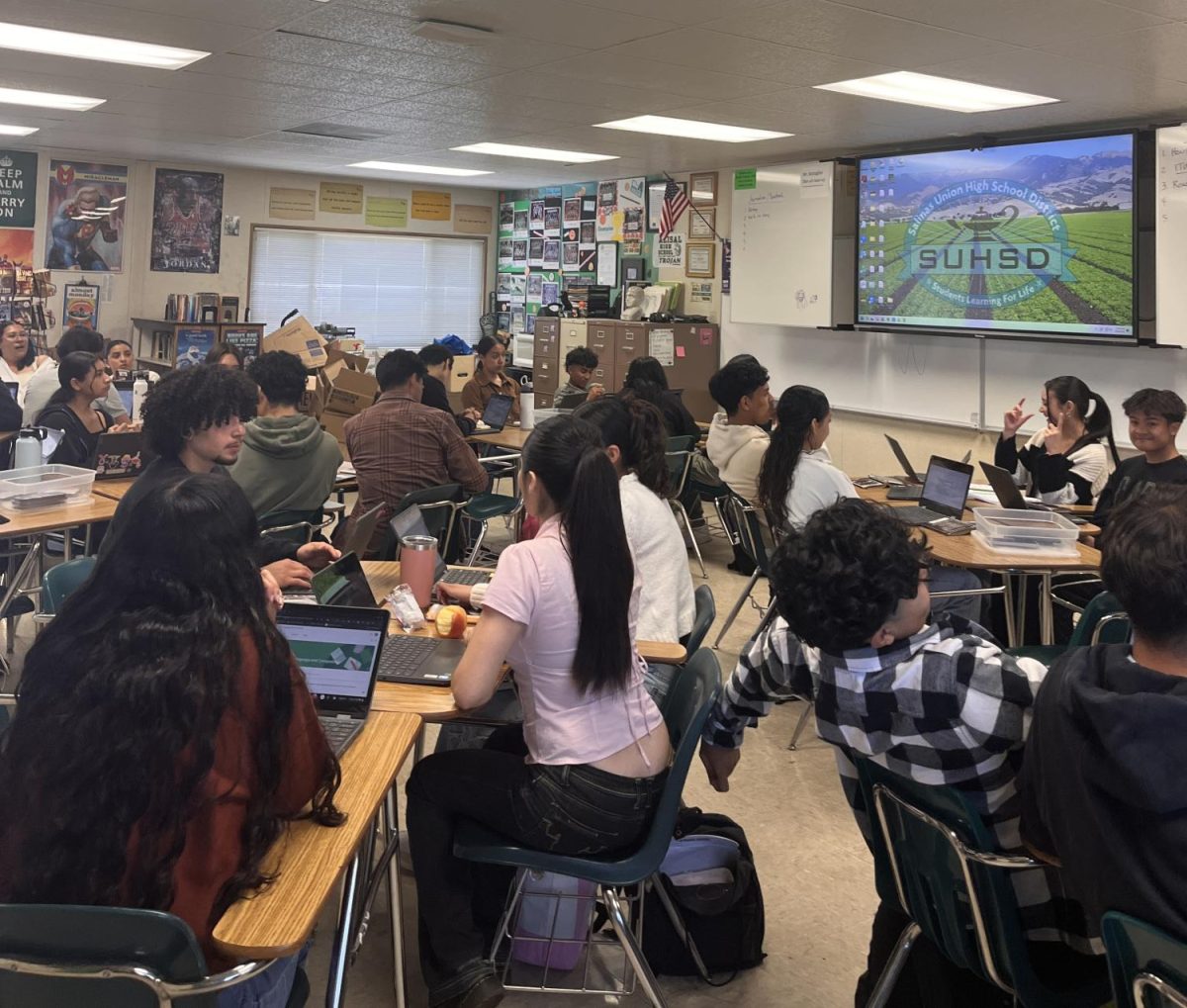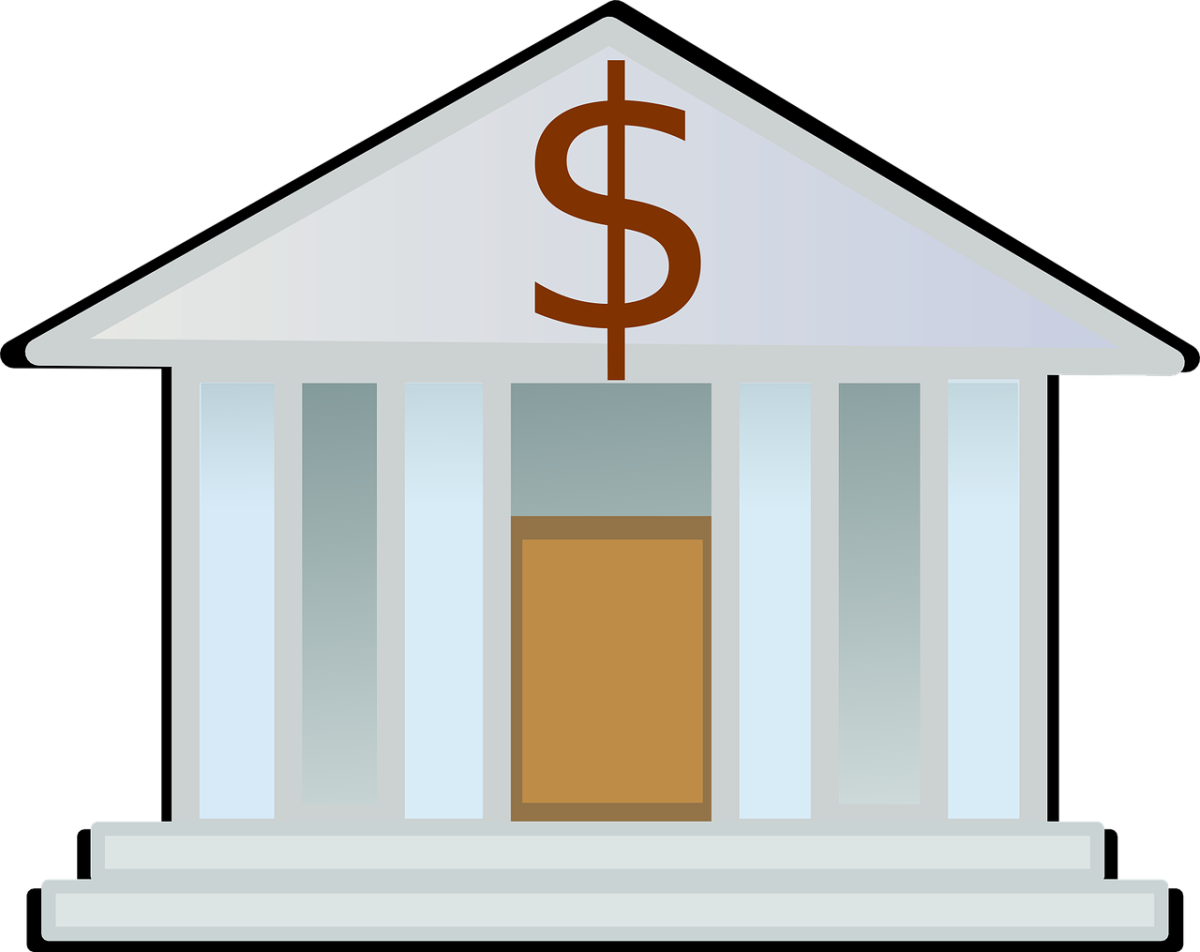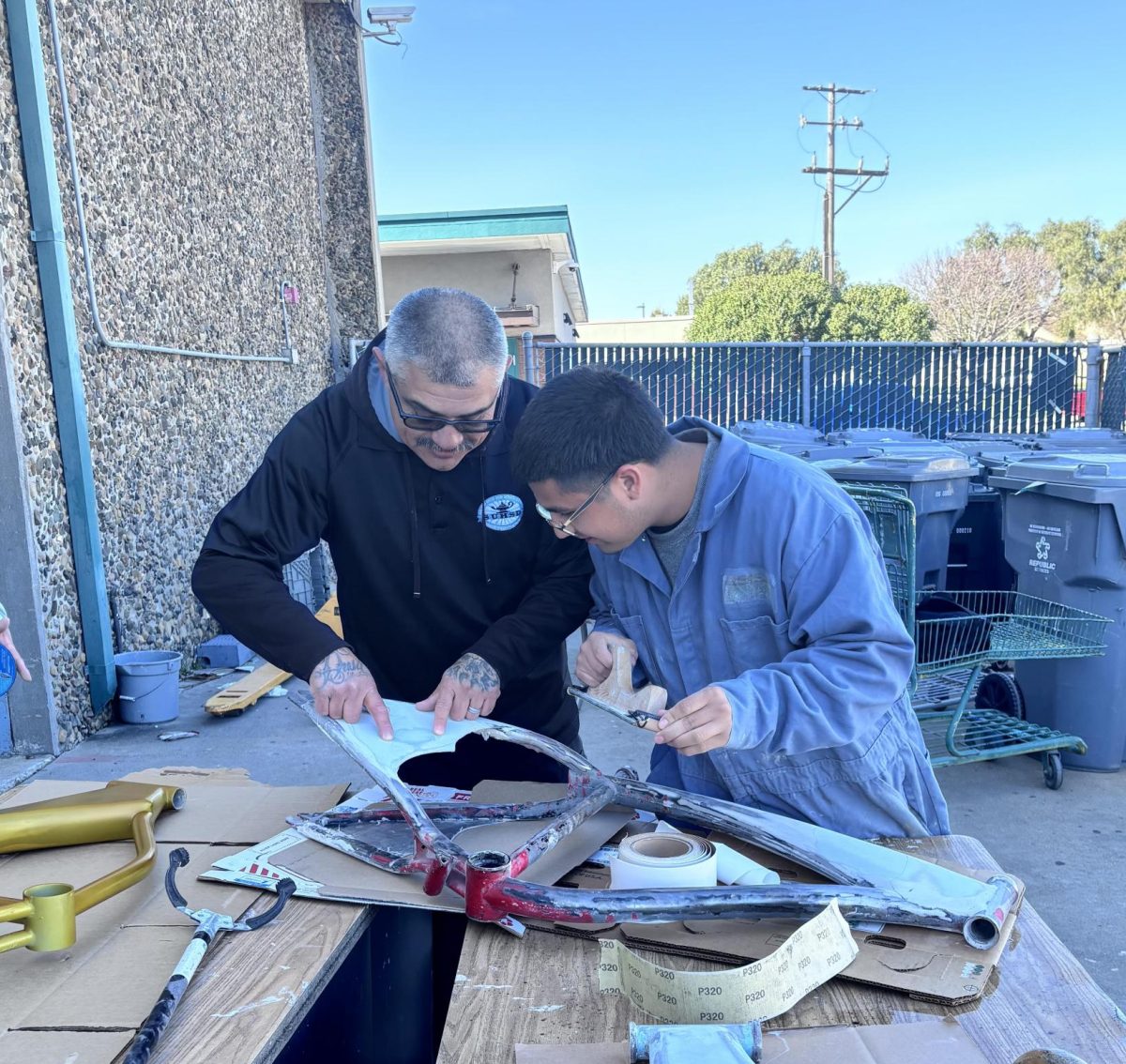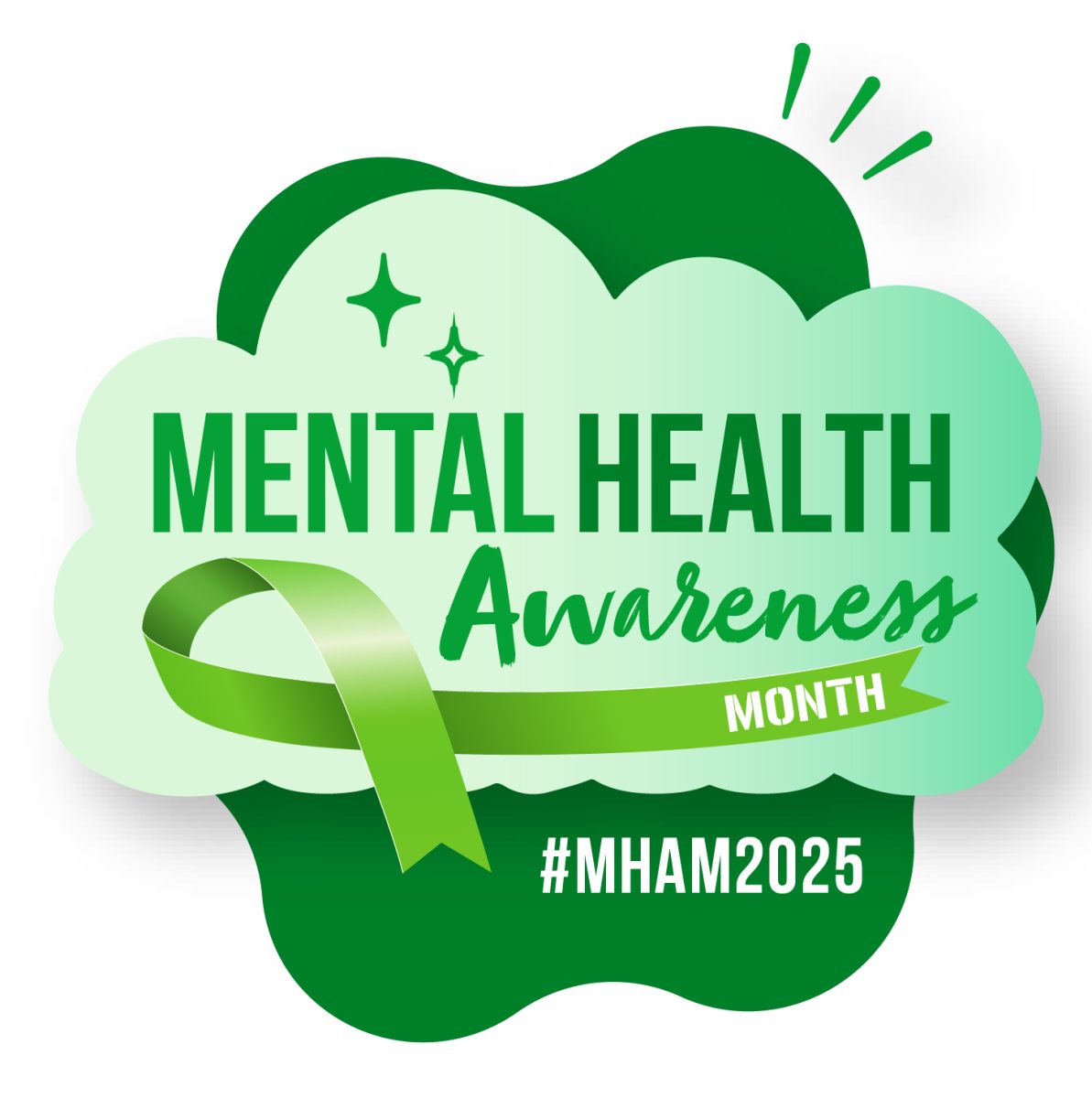Saving money is a simple idea, but it can be tough to manage your spending or even know how to save.
While I’m no expert, I’ve done some research and I’m just offering some tips based on that research. This research made myself actually follow these ways and start making more beneficial decisions with how I use my money. By the end of may I plan on starting my own checking and savings account.
Wherever or however you get money, it’s always better to make good choices with the money that you decide to save. By doing this you can help yourself manage your money and make the most of your money.
Opening a bank account can look complicated, but it is not.There are some things to consider, such as fees, ATM availability, does the bank have a free mobile app, and does it work with contactless payment apps?
The first step would be to get a student or no fee checking account and a savings account. These accounts can be linked. While student checking accounts (usually) aren’t interest bearing, the savings account will be. Interest is just a percentage you’ll earn on your deposits. When it comes to saving, the higher the interest rate, the better.
For most physical banks, the interest rate is currently very low, but shop around, as there are credit unions and online banks that may offer higher rates.
Another way to save is a certificate of deposit. These certificates of deposits can help you earn money quicker. The amount of time it stores your money can vary from 3 months to 5 years. This certificate of deposit can help you grow financially by holding an amount of money for a fixed amount of time with a fixed rate. There are pros and cons, but if you won’t need the money for a fixed time, you can maximize your savings.
After you have some place to put your money, you need to create goals for that money. For example, say you want a video game, a pair of Air Jordans, or a concert ticket, you’ll need to figure out how long it will take to save up that amount.
It is necessary to have the willpower to separate your “needs” and your “wants,” especially in the future when you start paying your own bills. Your needs are very different compared to your wants. Let’s say you’re eyeing that new computer for school, but you also want to spend that money on going on an online shopping spree. That’s a need versus a want. Most people mistake these wants for needs and only realize it until it’s too late. Being smart with your money is very important because it can help you grow financially.
Even if you don’t have bills to pay now, you can still deal with the needs and the wants. For example, getting a Starbucks every morning and buying fast food every day is really a want, especially if there’s something you need (or even a bigger ticket “want”). This doesn’t mean you have to immediately stop buying Starbucks or fast food, but even small changes can add up and help you have better spending habits in the future.
Let’s say you decide to skip a Starbucks once or twice a week. Skipping a $6 Starbucks once a week equals a savings of $24 a month! This way you can prevent having to completely stop this habit and instead save money and still enjoy your drink.
If you are earning money, and you have some expenses (phone, car, etc.) you can start budgeting.
One savings method is to put money into envelopes set aside for specific goals or expenditures,until you’ve saved up your desired amount. Using the 50/30/20 method can also help you. 50% will go to your expenses that need to be paid. 30% goes to the purchases you want to make, and 20% goes to your savings.
Some sources that can help you if you want a closer look at saving money are: nerdwallet.com and Consumer Financial Protection Bureau (CFPB). Both of these websites include lots of helpful information.
In addition, both sites offer advice on how to protect yourself from scams, as well as information on building credit. Learning to manage money now can also benefit you in the future. Many of us have relied on parents for our spending needs, but now, when you earn and save your own money, you can save yourself from having to rely on your parents. In turn, this helps you to become more responsible in all aspects of life, which is very important to learn before you leave home.

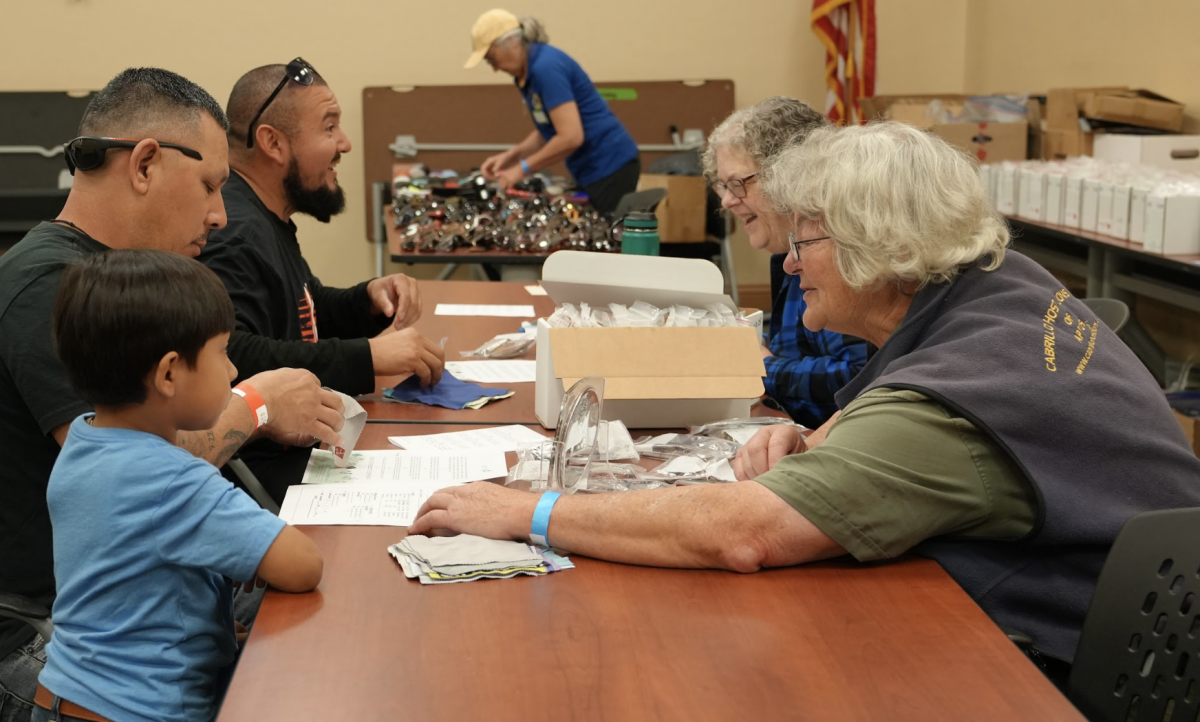
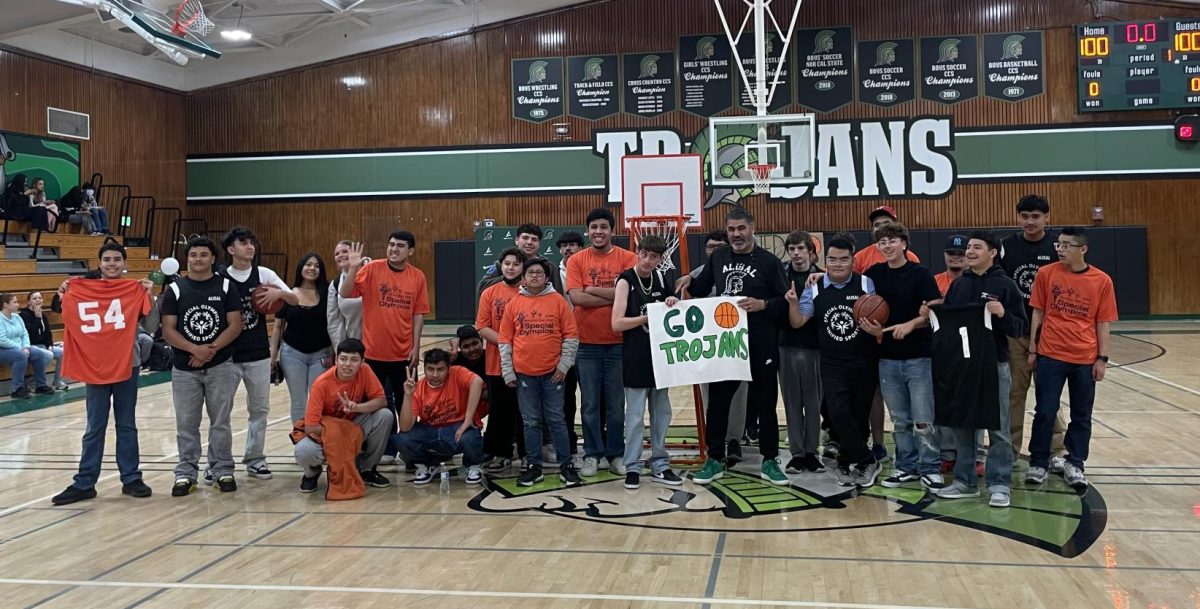
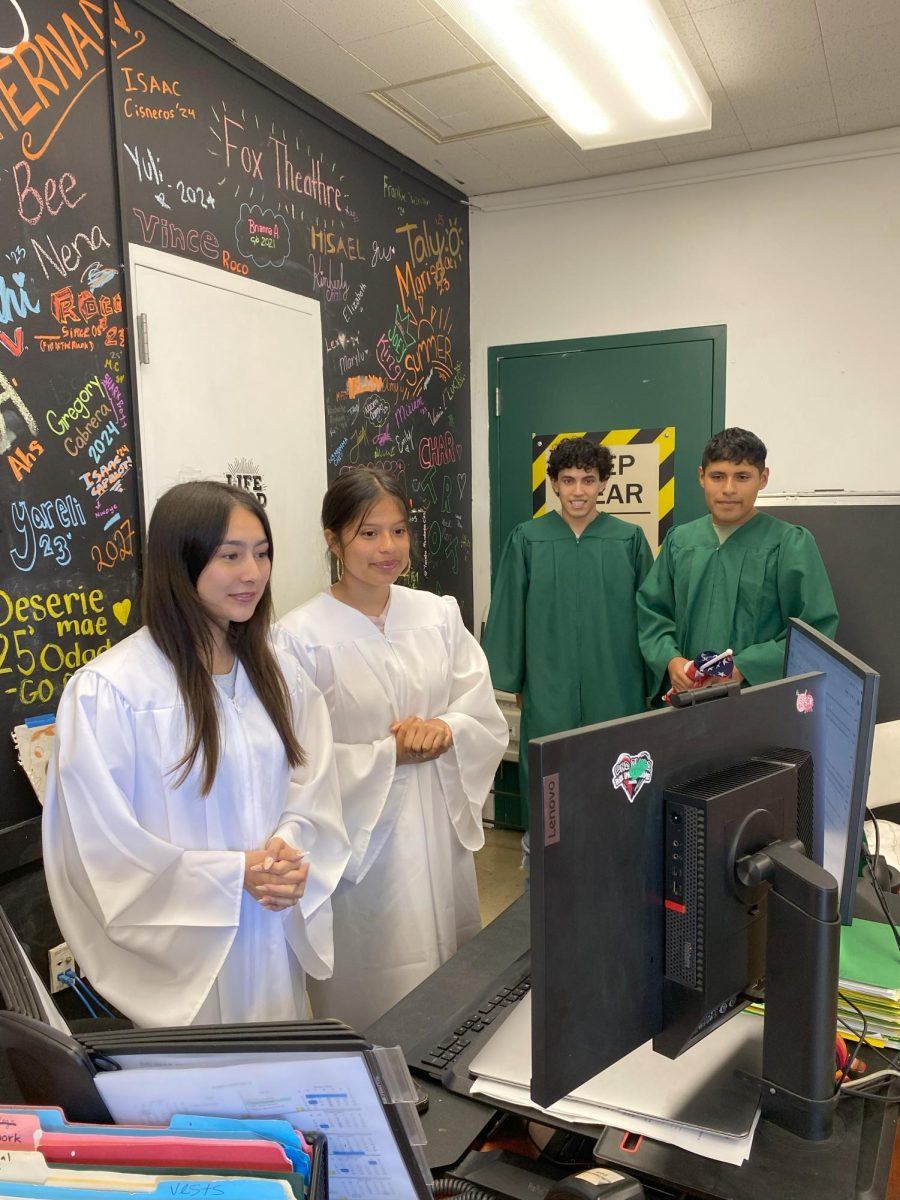

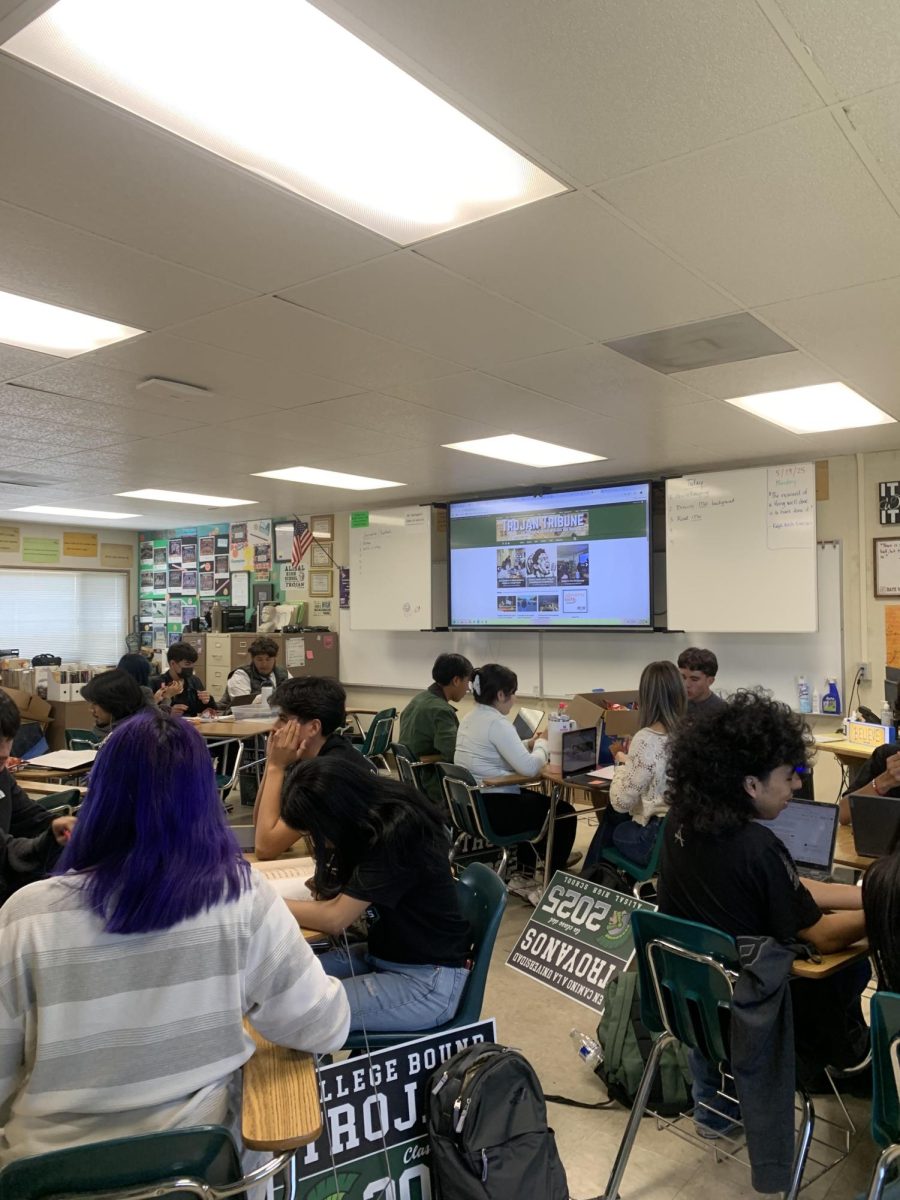

![Senior Jayden Duarte dives across the goal line for one of his five touchdowns in a dominant 62-40 victory over Monterey. It has been a highly successful season for Duarte, and he credits his coaches for putting him in positions to succeed and make key plays. “The goal is to help wherever the coaches need me, receiver, running back, [and] DB,” he said.](https://alisaltrojantribune.com/wp-content/uploads/2025/10/IMG_3599-2-1200x800.jpg)

